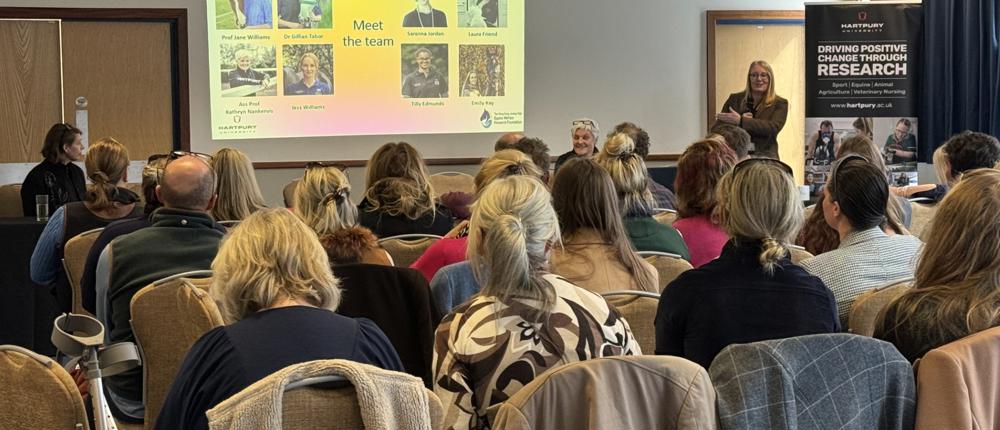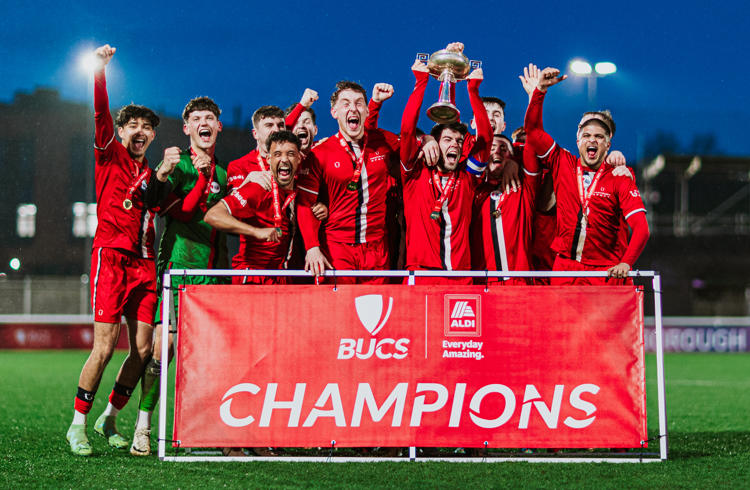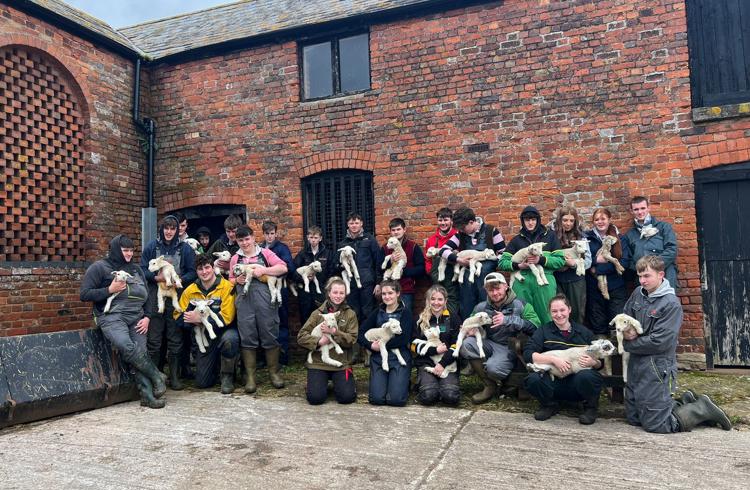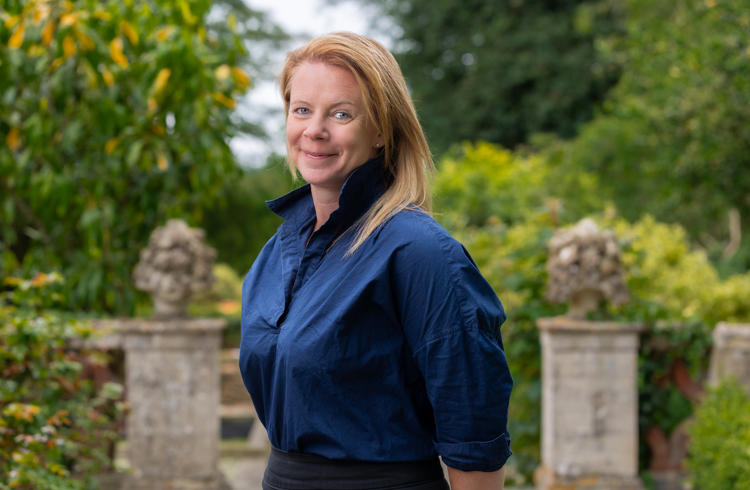Academics from Hartpury University headed to Cheltenham Racecourse on Wednesday 17 April, to present the findings of a research project designed to support racehorses to have successful second careers. Industry experts and stakeholders gathered before racing to learn more about the influential study and contribute to a lively discussion following the presentation delivered by Hartpury University’s Associate Professor Jane Williams.
The Hartpury University research team of Prof. Jane Williams, Dr Kathryn Nankervis, Dr Gillian Tabor, Saranna Jordan, Laura Friend, Matilda Edmund and Emily Kay all fed into the project which was funded by the influential Hong Kong Jockey Club Equine Welfare Research Foundation. Director of the Hong Kong Jockey Club Chris Riggs was also in attendance to listen to the findings.
The study set out to understand the key physical and behavioural challenges faced during the transition period and to identify what constitutes an optimal transition for racehorses from racing into their second careers.
This involved a two-part approach. Initially, a survey was conducted to gather a broad perspective from individuals involved in retraining and transition internationally. Most respondents (86%) had more than five years of retraining experience, and 67% retrained horses on a one-to-one basis. The survey revealed that the main motivations for being involved in retraining included giving horses a good quality of life (67%), have their own horse (60%), and an individual attachment to a specific racehorse (34%), competitive opportunities (32%), and being specifically approached to retrain a particular racehorse (29%).
The second part of the research involved the Delphi method, taking a deeper dive and collecting detailed opinions from a range of retrainers as well as experts including musculoskeletal therapists. The team identified several factors that were agreed upon as essential to successful transition, including the effect of the rider and handler, changes in feeding, type of exercise, changes in the horse’s shape and musculature, posture, and turnout. The research also noted the importance of individual skillsets, support networks, an individualised approach to management, and assessing the suitability of horses and their new owners.
The research also produced recommendations as to how retrainers can be better supported. Aspects such as funding, accreditation, increased education, and industry support could all help. Experienced and empathetic individuals with knowledge and understanding of retraining were found to be key to a successful transition. The study emphasised the need for a tailored approach to each horse’s needs, considering their history, injuries, fitness, and mental and physical capacity.
Exercise was identified as an essential component of successful transition, with a focus on new or expanded exercises tailored to the individual horse’s needs. Regular assessment of progress, including behaviour, general health, and musculoskeletal health, was also highlighted as crucial.
Shelley Perham, representing the National Trainers Federation said: “The National Trainers Federation welcomes this new research as the welfare and wellbeing of our equine athletes once they leave the racing industry is paramount to the success and sustainability of our sport. National Trainers federation
“What stood out to me, as an equestrian and somebody who buys and sells horses is looking into the reasons and expectations that the prospective owners have in wanting to take on a thoroughbred out of training. Thoroughly exploring these expectations and helping to manage them is surely the first step to a successful partnership.”
Laura-Jayne Roberts, Campaign Manager at Great British Racing said: “A depth of research insights have been shared that identify and demonstrate many of the challenges in the training and rehoming of racehorses for successful second careers.
“The event has served as a catalyst for robust debate among industry stakeholders, fostering a collaborative atmosphere where the clear perspective of education emerged as an obvious theme. The acknowledgement of the vast amount of work to be addressed in this area, in addition to the research journey still to come, was noted.”
This event highlighted the benefits of continued collaborative engagement with stakeholders. There were vets, farriers, and physiotherapists in attendance, all of whom particularly welcomed one of the outcomes from the study that suggested there could be benefits of a multi-disciplinary approach to the support of racehorses transitioning into second careers.








